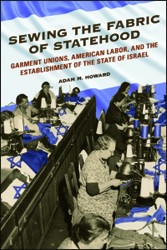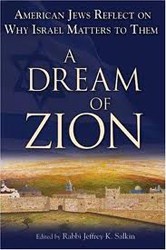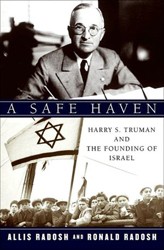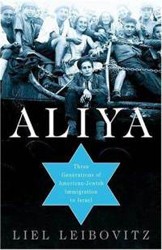The secret of the title is no secret at all, since anyone reasonably well-informed knows that Israel has “the bomb.” Professor Cohen, of Columbia University, a specialist in this delicate field, has focused his attention in this book on the bargain which Golda Meir made with Richard Nixon in 1969. Israel could develop and store nuclear weapons. But Israel would not acknowledge that possession, even officially to its own government and the United States would concur in a pact of non-disclosure. This bargain was called “animut,” the Hebrew word for opacity.
Israel, a weak country in 1969, he notes, arrived at the contract out of fear, and justly so. The author acknowledges that the arrangement has brought Israel many advantages, respect, protection, and a source for technological development. However, he points out that this situation is inconsistent with the norms of a democracy, where the civilian government customarily controls the military. Today, he feels, as the military powerhouse of the Middle East, Israel might now consider taking some risks. Cohen discusses President Obama’s desire for a nuclear-free Middle East zone, including Israel.
Although Israel, the author says, is understandably reluctant, still, he strongly believes that they should join. If other states have the bomb, Israel can have the bomb, openly, too, he reasons. But as a state among states, Israel must also accept the responsibility of adhering to the code-cease the arms race and consent to work for global nuclear disarmament. The meaty part of this book, dealing with this problem, is in the last three sections. The preceding parts should be useful to military, academic, and diplomatic personnel. Abbreviations, acknowledgements, bibliography, contents, epilogue, introduction, notes, preface.





